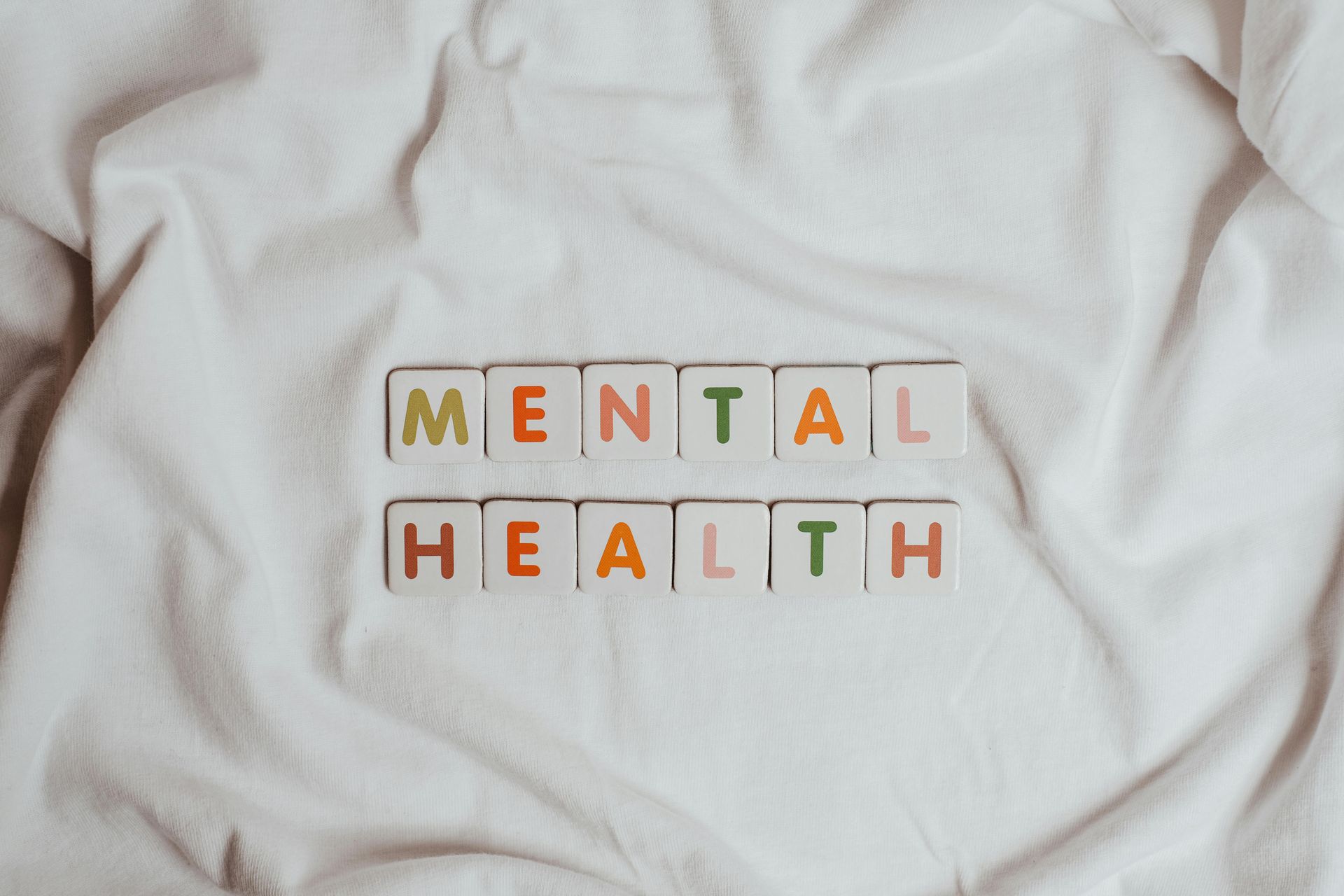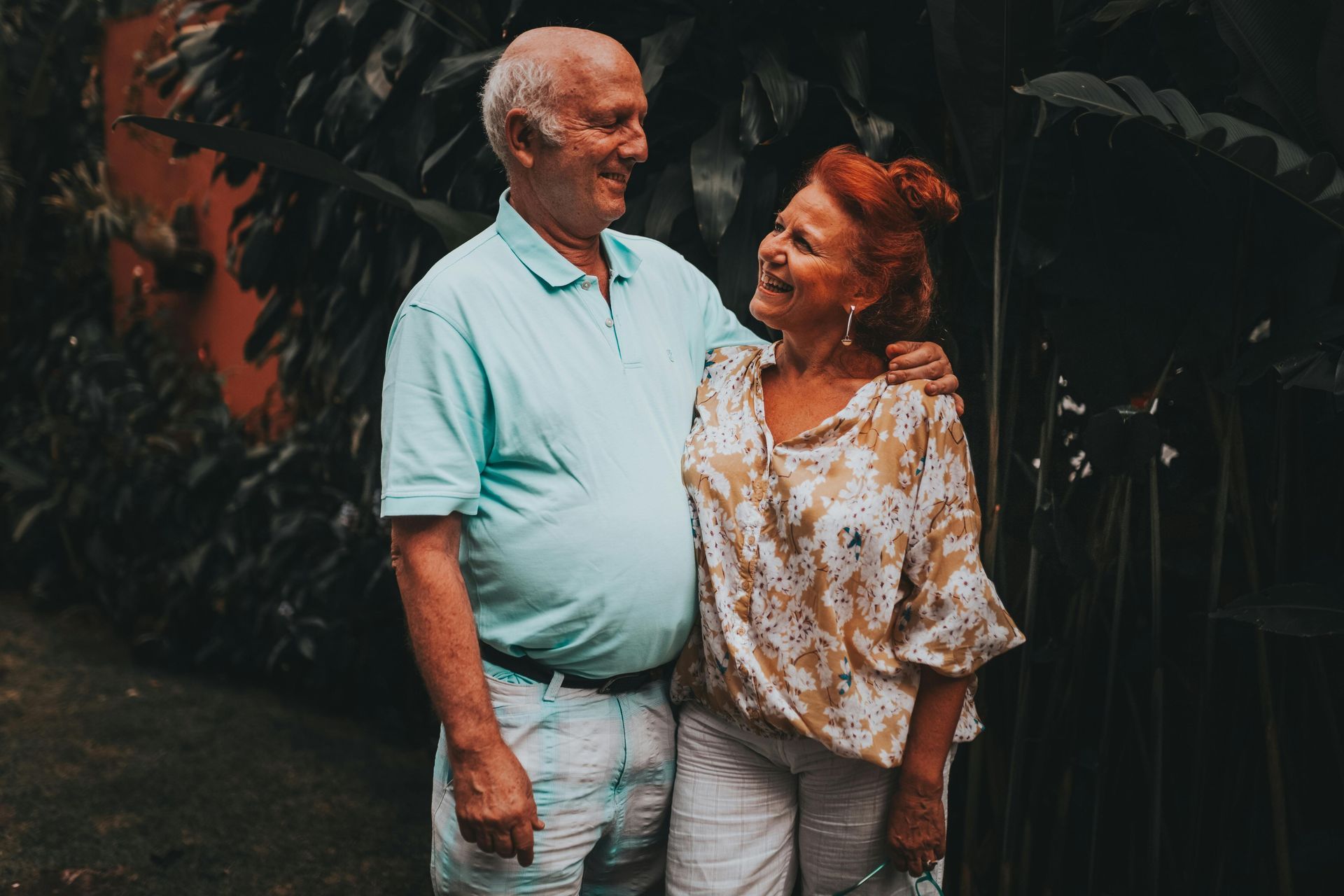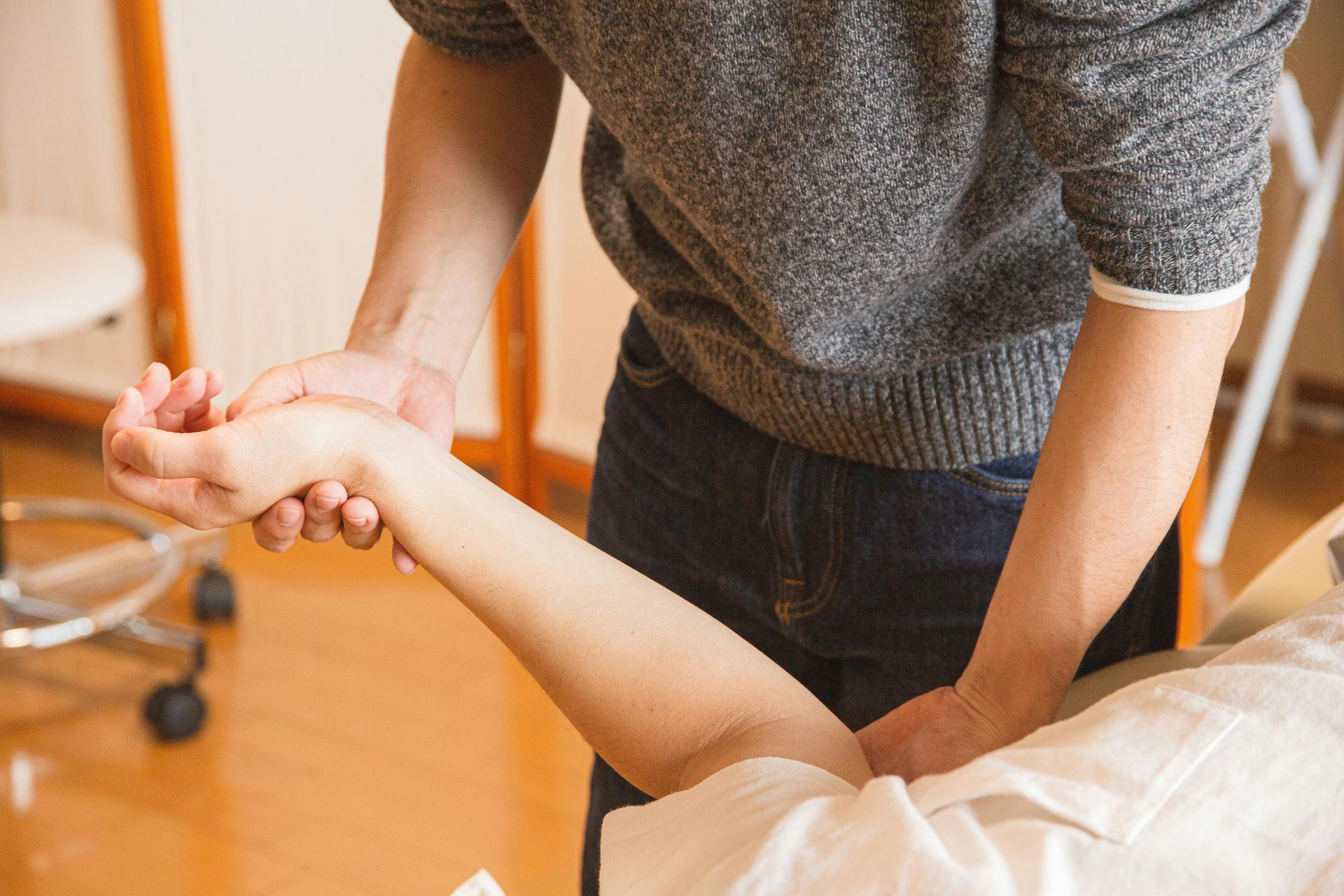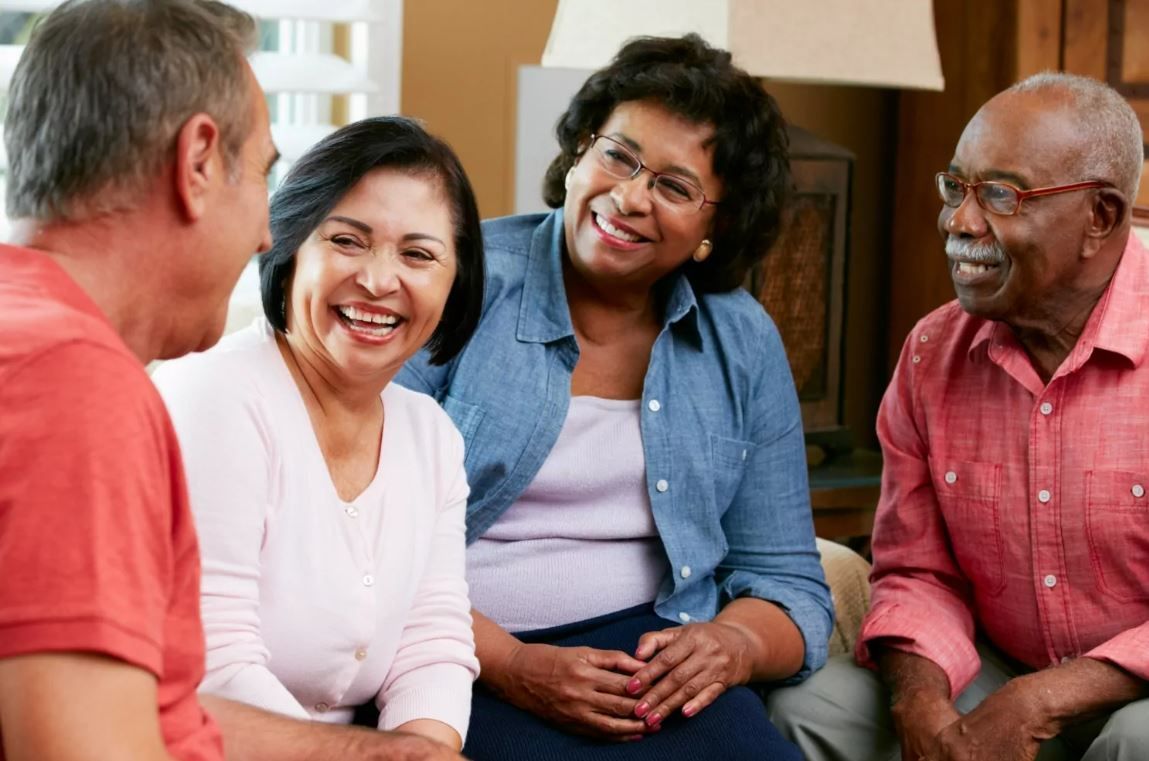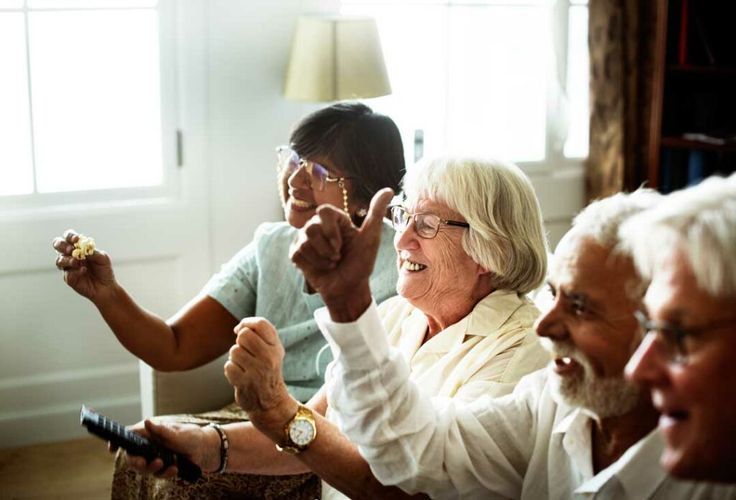How Personal Injury Law Can Protect You in Senior Living
How Personal Injury Law Can Protect You in Senior Living
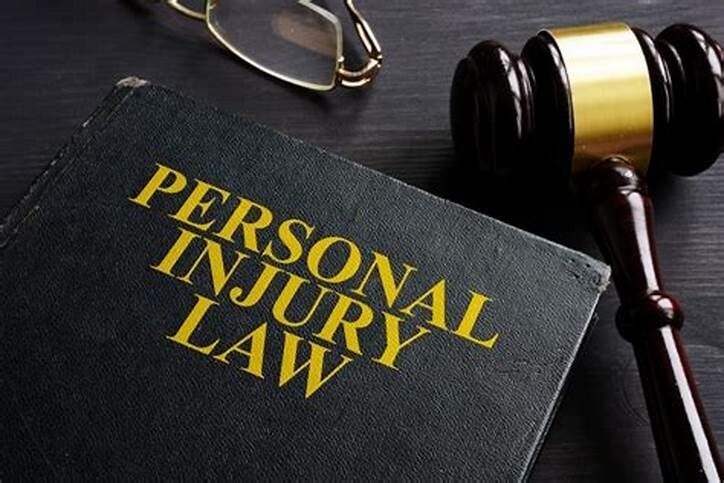
As you get older, you may face many challenges and risks that affect your health, safety, and quality of life. You may need to relocate to a senior living establishment, such as a retirement community or a nursing facility, where you can get the necessary care and assistance. However, not all senior living facilities are safe and reliable. You may suffer from injuries or abuse due to the negligence or misconduct of the facility staff or other residents. In such cases, you have legal rights and protections under personal injury law. This article will explain what personal injury law is, how it can help you in senior living, and what steps you should take if you are harmed in a senior living facility.
Why Senior Citizens Are at Higher Risk of Injury
Senior citizens are more likely to suffer from injuries than younger adults, especially from falls. As stated by the CDC, falls are the primary cause of injury-related deaths and visits to emergency rooms among older persons. Falls can cause fractures, head trauma, and other serious complications that can affect the health and independence of seniors. But why are senior citizens more prone to falling and other injuries? There are several factors that contribute to their increased vulnerability, such as:
- Age-related changes in vision, hearing, balance, reflexes, and muscle strength that can impair their ability to avoid hazards and recover from slips or trips.
- Chronic conditions, such as diabetes, heart disease, arthritis, osteoporosis, or dementia, that can affect their mobility, coordination, sensation, or cognition.
- Medications that can cause side effects such as dizziness, confusion, or low blood pressure, especially when taken in combination or with alcohol.
- Environment-related issues such as low lighting, slippery flooring, loose carpets, messy furniture, or an absence of handrails or grab bars in the house or neighborhood.
- Social factors, such as isolation, loneliness, depression, or fear of falling that can reduce their physical activity and social engagement.
These factors can also make senior citizens more vulnerable to other types of injuries, such as those caused by natural disasters, car crashes, dog bites, or elder abuse. As a result, it is critical that seniors and their caregivers are aware of these dangers and take preventive actions to mitigate them. For example, seniors can:
- Have regular check-ups with their doctors and eye specialists to monitor their health conditions and medications.
- Exercise regularly to improve their strength, balance, flexibility, and endurance.
- Wear appropriate footwear and clothing that fit well and do not interfere with their movement.
- Use assistive devices such as walkers, canes, glasses, or hearing aids as needed and keep them in good condition.
- Make their home safer by installing adequate lighting, removing tripping hazards, securing rugs and cords, adding handrails and grab bars in bathrooms and stairs, and using non-slip mats in bathtubs and showers.
- Seek help from family members, friends, neighbors, or professionals when they need assistance with daily activities or transportation.
By taking these steps, senior citizens can lower their risk of injury and enjoy a better quality of life.
What is Personal Injury Law?
This is an area of law pertaining to civil matters that deals with situations in which one party causes injury to another party by negligence or purposeful action. The damaged person has the right to sue the responsible party for compensation for their losses, which include medical expenditures, lost income, pain and suffering, and emotional anguish. Car collisions, slip and falls, dog attacks, faulty products, medical negligence, and wrongful death are all examples of personal injury legislation.
How Can Personal Injury Law Help You in Senior Living?
Personal injury law can help you in senior living if you are injured or abused by the staff or other residents of the facility where you live. For example, you may have a personal injury claim if:
- You fall and break your hip because the facility failed to provide adequate lighting, handrails, or floor mats.
- You develop bedsores, infections, or dehydration because the facility neglected to provide proper hygiene, nutrition, or medical care.
- You are physically assaulted, sexually abused, or financially exploited by a staff member or another resident who has a history of violent or criminal behavior.
- You are given the wrong medication, dosage, or treatment by a staff member who is unqualified, untrained, or careless.
If it can be proved that the senior living facility was negligent, and that negligence led to you being hurt or abused, the facility may be held legally liable for any resulting damages.
What Steps Should You Take if You Are Harmed in a Senior Living Facility?
If you are harmed in a senior living facility, you should take the following steps to protect your rights and interests:
- Seek medical attention as soon as possible. Document your injuries and treatment with photos, records, and receipts.
- Report the incident to the facility management and authorities. Ask for a written copy of the report and keep it for your records.
- Contact your family members, friends, or trusted advisors. Inform them of what happened and ask for their support and guidance.
- Consult with an experienced personal injury attorney who specializes in elder law. An elder law attorney can help you understand your legal options, gather evidence, negotiate with the facility and their insurance company, and represent you in court if necessary.
How to Find the Right Elder Law Attorney
Finding the right elder law attorney is crucial for your personal injury case. You should look for an attorney who:
- Has a good reputation and track record of success in handling similar cases
- Has extensive knowledge and experience in elder law and personal injury law
- Has good communication skills and listens to your needs and concerns
- Charges reasonable fees and offers a free consultation
You can find an elder law attorney by asking for referrals from your family members, friends, or other professionals who work with seniors. You can also use online directories or websites that match clients with attorneys in their area.
